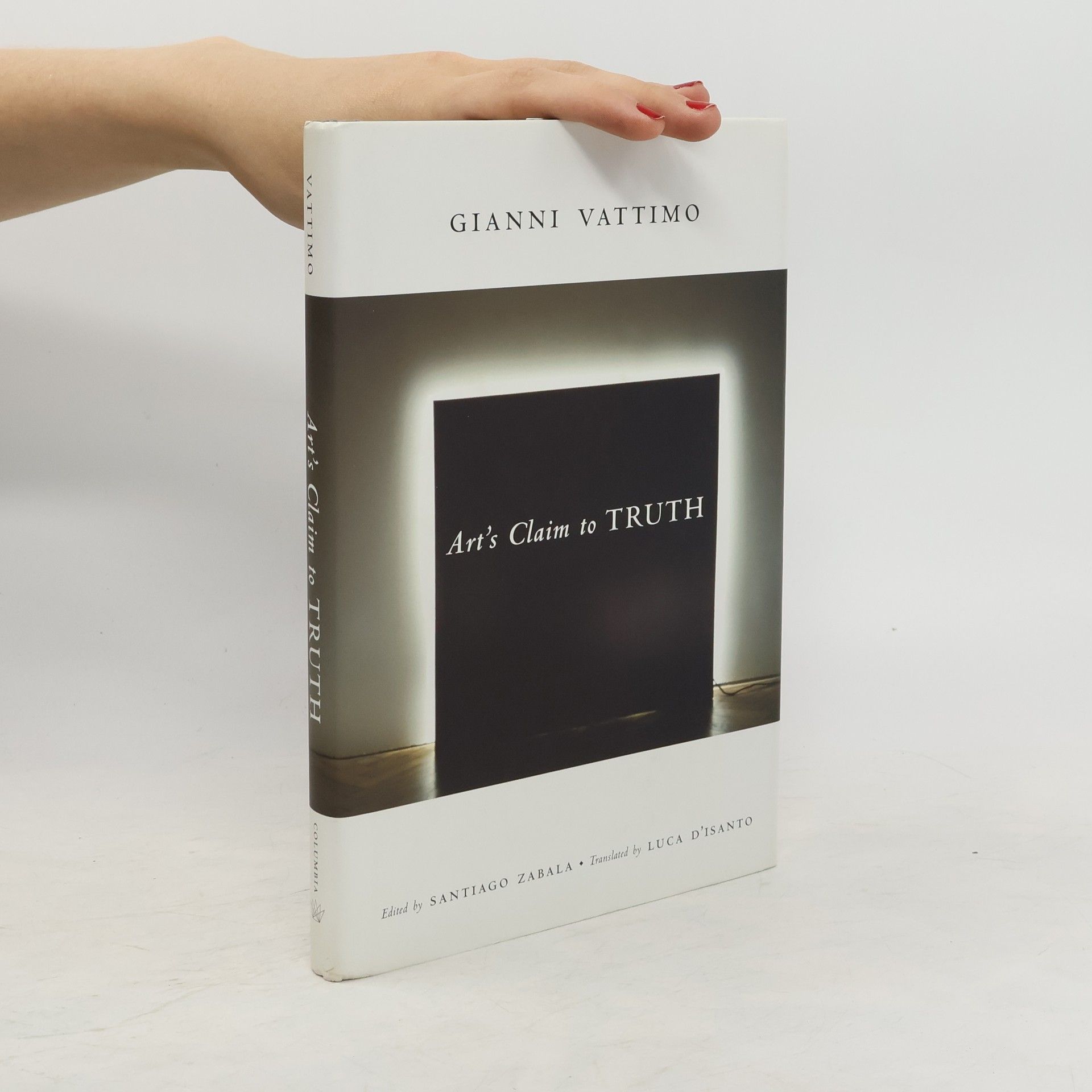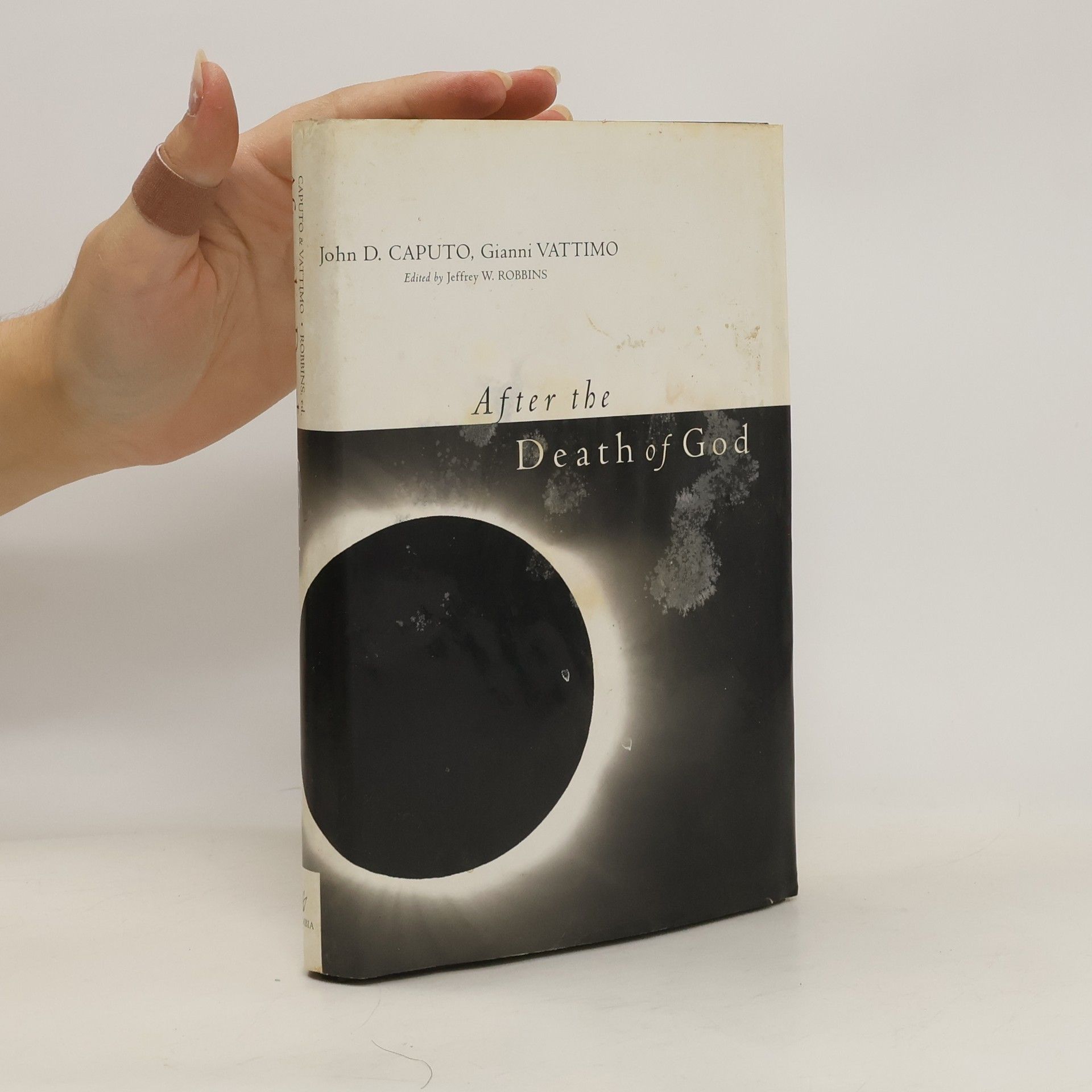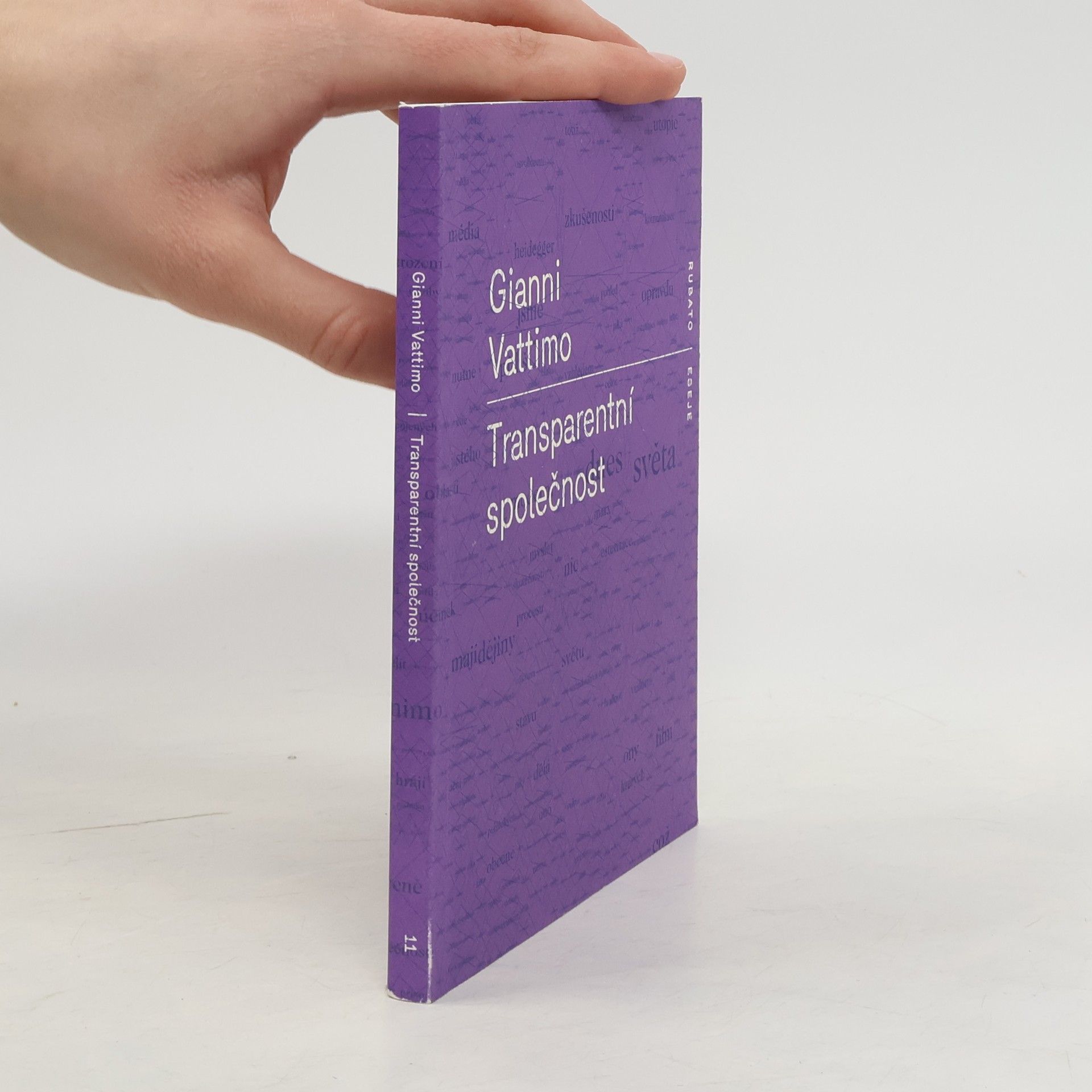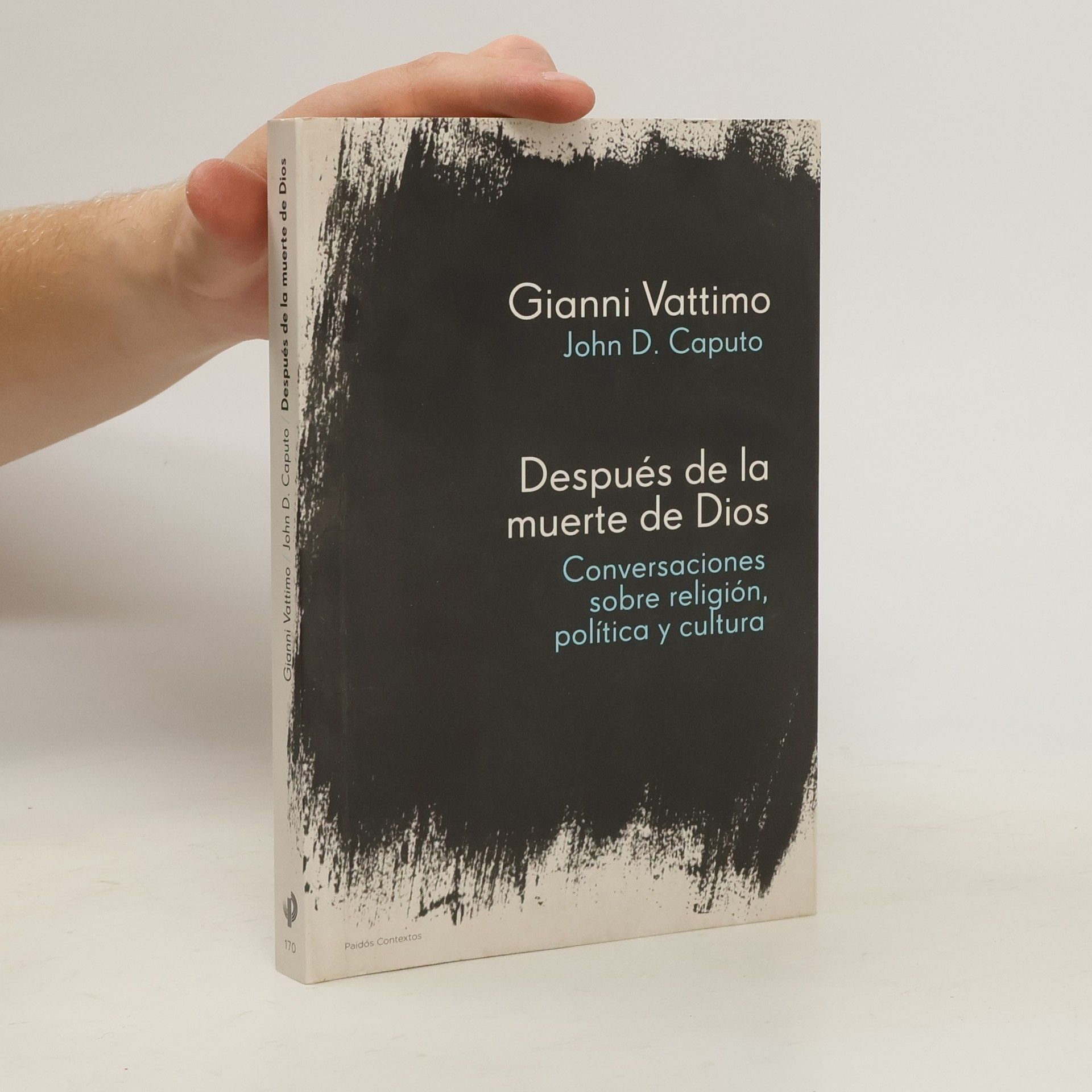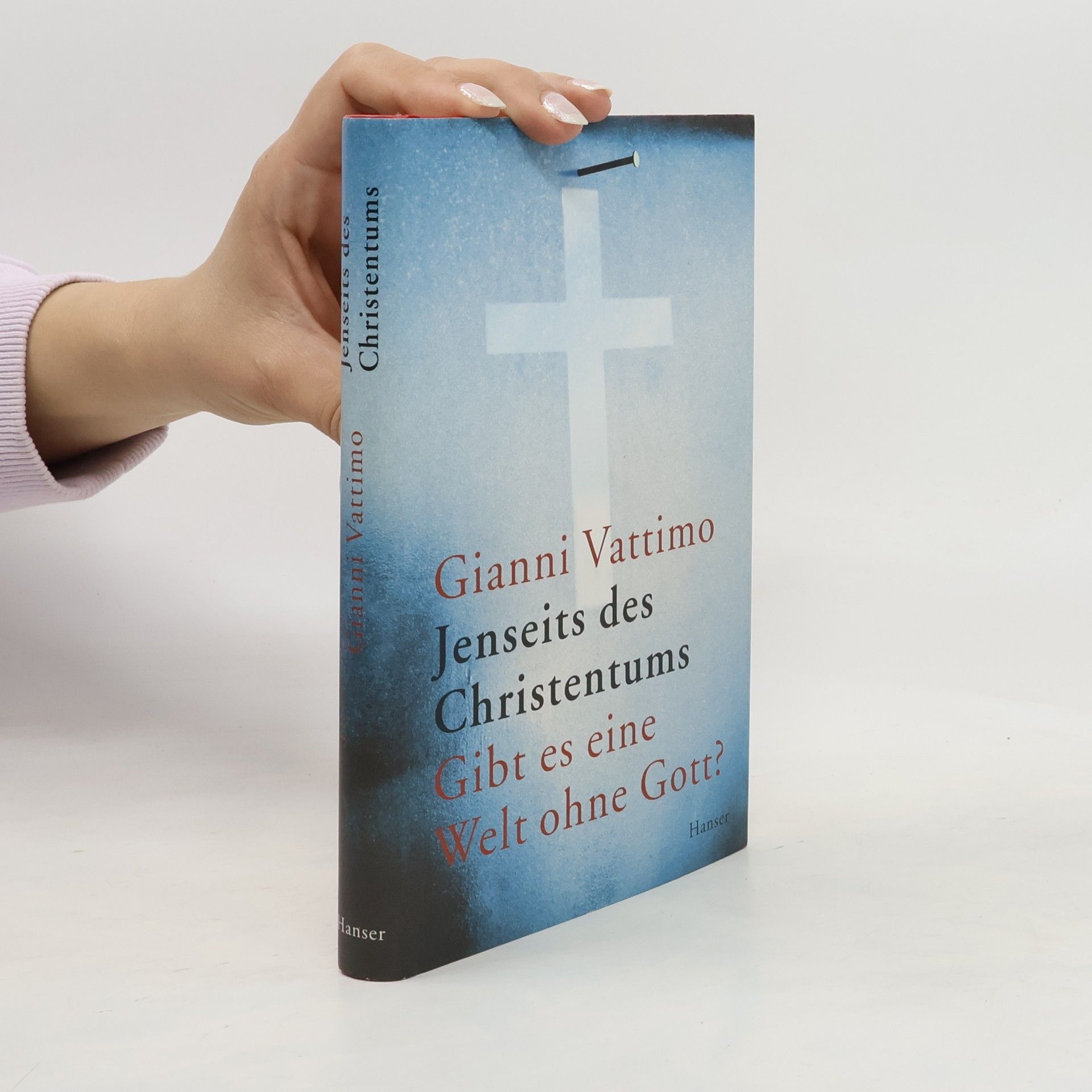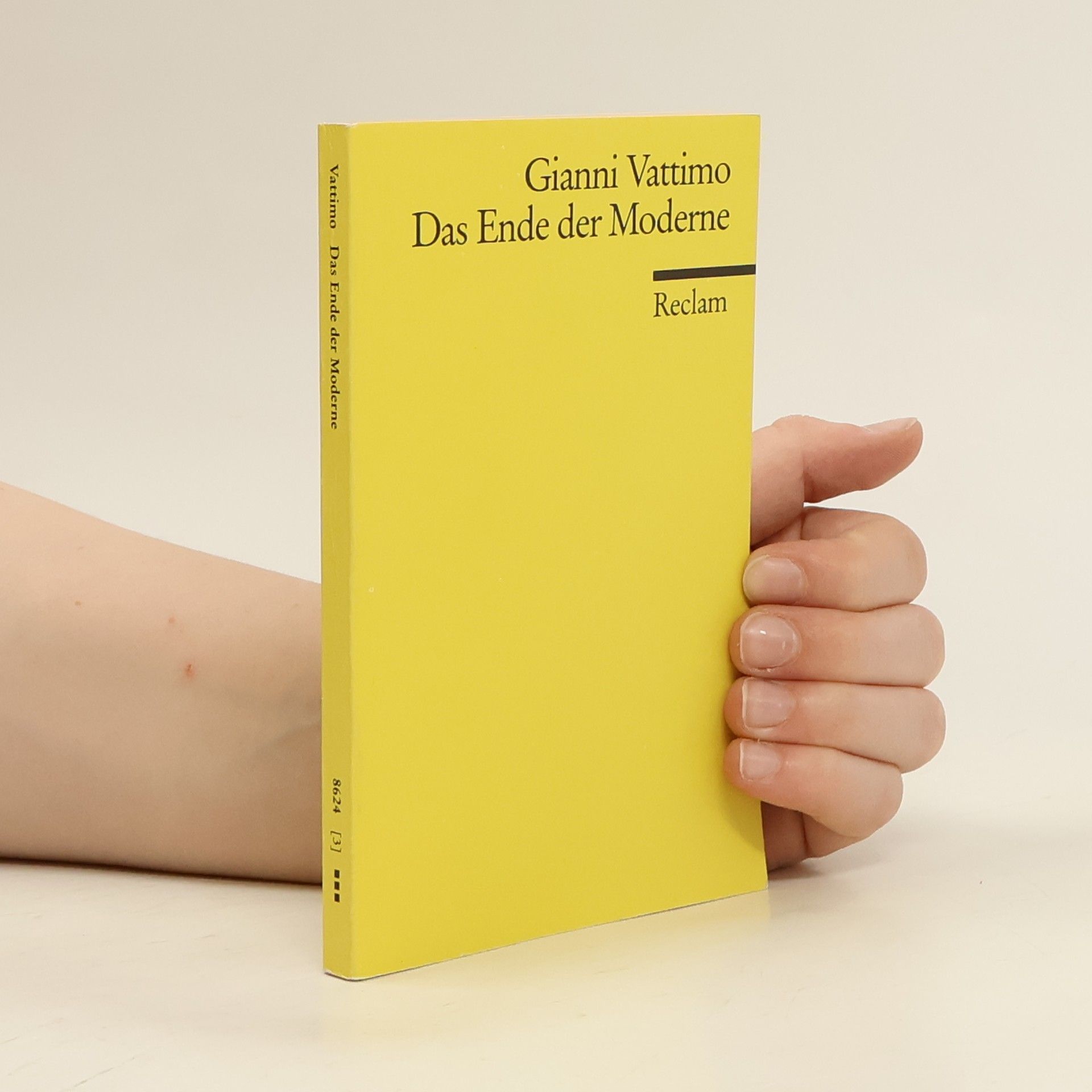Transparentní společnost
- 148 stránek
- 6 hodin čtení
Plně informovaný pohled na svět (média v něm jsou určující, v negativním i positivním slova smyslu) mění společnost a sociální scénář - mění se pojmy demokracie, pravdy. Místo individuální zkušenosti nastupuje zkušenost mediální a člověk nalézá své kořeny a identitu jen tehdy, hledí-li na sebe ze stránek novin, z televize či internetu; jinak bloumá světem vykořeněn a bez osobnosti. Jak mění mediatizace naší existenci a realitu bez toho, že bychom chtěli zprostředkovaný svět démonizovat či se mu bránit zbytečnou nostalgii? V co se přeměnily mýty v komunikační společnosti? Má ještě smysl hovořit o pokroku a revoluci? Co nám schází ke štěstí a jaká je estetika v informované společnosti? Kniha Transparentní společnost (autor, Gianni Vattimo, je v Evropě i v obou Amerikách dobře známý italský filozof) byla přeložena do mnoha jazyků a její obsah se stal součástí společenského diskurzu ve většině civilizovaných zemí ku prospěchu dříve jmenovaného: co zbytečných floskulí a směšných omylů by si naši politici, televizní diskutéři a umělci mohli odpustit, kdyby znali tuto knihu!

